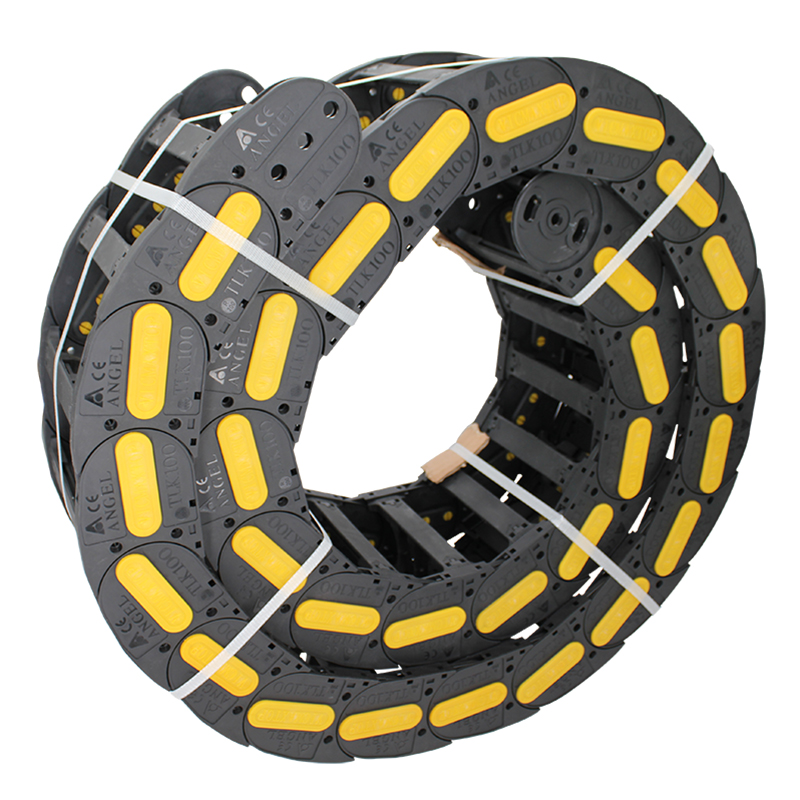Efficient Solutions for Electrical Cable Management and Carrier Systems in Various Applications
Understanding Electrical Cable Carriers Importance and Applications
Electrical cable carriers, also known as cable tracks or cable chains, play a crucial role in maintaining organized and efficient cable management systems across various industrial and commercial environments. As technology continues to advance, the need for effective cable management solutions has become increasingly paramount. This article explores the significance, types, applications, and benefits of electrical cable carriers in modern settings.
What are Electrical Cable Carriers?
Electrical cable carriers are specially designed trays or pathways that hold and guide electrical cables and wires, ensuring they remain secure and tangle-free. Often constructed from materials like plastic, metal, or composite materials, these carriers come in various shapes, sizes, and designs to accommodate different environments and cable types. They are instrumental in minimizing wear and tear on cables and reducing the risk of electrical failures.
Importance of Cable Management
Effective cable management is essential for several reasons
1. Safety Loose or improperly managed cables can create tripping hazards and increase the risk of electrical faults. Cable carriers help to mitigate these risks by keeping wires organized and securely in place.
2. Efficiency In settings where machinery operates with a plethora of cables, managing them efficiently leads to smoother operations. Cable carriers streamline workflows, preventing downtime caused by tangled or damaged cables.
3. Longevity Prolonged exposure to environmental factors such as dust, moisture, and excessive movement can degrade cable quality. Cable carriers protect cables and extend their lifespan by minimizing exposure to adverse conditions.
4. Maintenance When cables are neatly organized, it becomes easier to identify and troubleshoot issues. This not only saves time during maintenance checks but also reduces overall labor costs.
Types of Electrical Cable Carriers
Electrical cable carriers come in various types, designed to cater to specific use cases
electrical cable carrier

1. Open Type Cable Carriers These carriers have a simple design that allows for easy access to the cables, making them suitable for applications where cables require frequent connection or disconnection.
2. Closed Type Cable Carriers Also known as drag chains, these are designed to fully encase the cables, providing enhanced protection against environmental factors, debris, and accidental impacts.
3. Modular Cable Carriers These can be customized based on the specific requirements of the installation, allowing for adaptability as systems evolve.
4. Heavy-Duty Cable Carriers Specifically constructed for industrial settings, these carriers can withstand heavy loads and harsh conditions, making them ideal for manufacturing and construction environments.
Applications of Electrical Cable Carriers
Cable carriers are widely used across various industries, including but not limited to
- Manufacturing In production lines, cable carriers help manage power and data cables for machines, resulting in efficient operations. - Robotics Robots require precise cable management for their movements, and cable carriers ensure that the cables don’t interfere with mechanical functions. - Cranes and Lifting Equipment Elevating systems use cable carriers to manage control wires and power cables, allowing for safe and efficient lifting operations. - Automotive In automotive assembly lines, cable carriers simplify the management of electrical cables used in robotic arms and other machinery.
Benefits of Using Cable Carriers
Employing electrical cable carriers within a facility offers numerous benefits
- Reduction in Cable Damage By providing protective pathways, cable carriers significantly decrease the likelihood of cable wear and tear. - Enhanced Aesthetics Organized cables contribute to a tidier appearance in workplaces, which can improve the overall working environment. - Cost Savings With prolonged cable life and reduced maintenance times, businesses save significantly on replacement and repair costs.
Conclusion
In conclusion, electrical cable carriers are indispensable tools for effective cable management in contemporary industrial environments. Their role in enhancing safety, efficiency, and longevity cannot be overstated. As industries continue to evolve, the importance of well-designed cable carriers remains critical, ensuring that electrical systems function reliably and safely.








